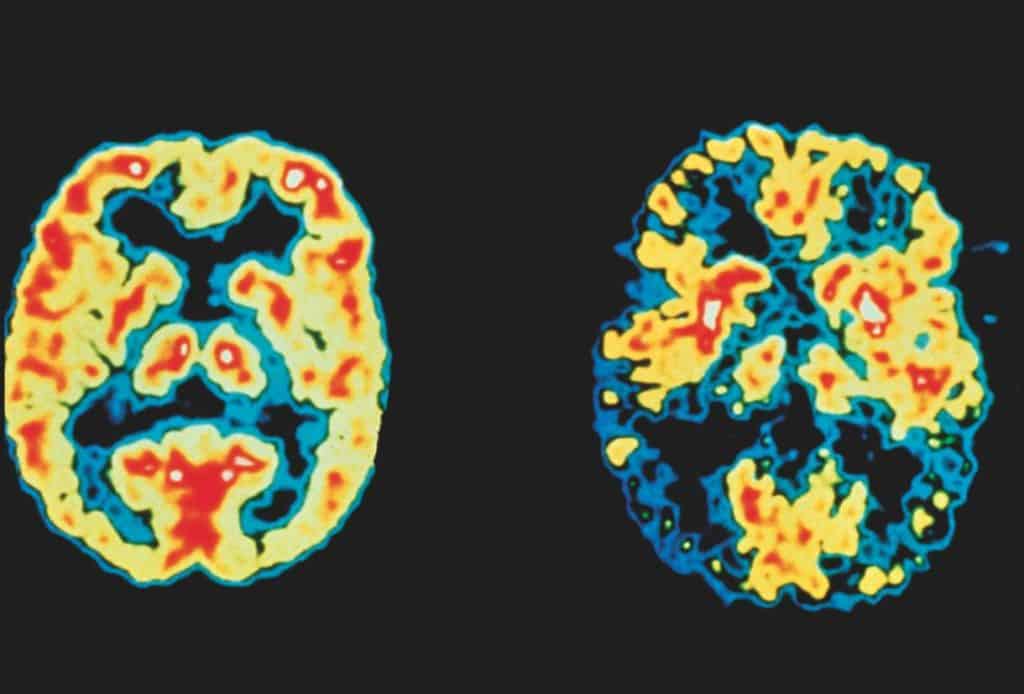
Alzheimer’s disease
pharmafile | October 16, 2010 | Feature | Research and Development, Sales and Marketing | Alzheimer's, Alzheimer's disease, Elan, J&J, JJ, Pfizer, lilly, pharmaceutical
In 1906 a psychiatrist working in a Frankfurt asylum became fascinated by the unnamed illness suffered by one of his female patients, Auguste Deter. The woman suffered from memory loss, problems with language and changes to her temperament. After her death, the doctor examined her brain and discovered abnormal clumps and tangled bundles of fibres in her brain.
The psychiatrist was Dr Alois Alzheimer, and it is he who has given his name to Alzheimer’s disease, the most common form of dementia, which today afflicts an estimated 24 million people worldwide.
The abnormal clumps Dr Alzheimer found were what we today know to be amyloid plaques, and the bundles of fibres are neurofibrillary tangles.
These symptoms are believed to be closed linked to the disease mechanism, and today billions of dollars are being spent by the pharmaceutical industry and academic researchers into possible new treatments for the devastating illness.
Finding a medicine that can advance treatment beyond today’s standard drug therapy, the cholinesterase inhibitors, is proving very difficult, however. Numerous companies have taken molecules into late-stage development in recent years, only to find their clinical effectiveness lacking when tested in phase III trials.
The need for new treatments is pressing, as the world’s ageing population means the incidence of the disease is increasingly very rapidly. The Alzheimer’s Society in the UK estimates that the number of Alzheimer’s patients will double every 20 years, reaching a total of more than 80 million by 2040.
For the latest news on research, see the links on the left hand side of this page.
Clck here to see InPharm’s highlights of the industry’s pipelines in Alzheimer’s disease
Related Content

NHS accepts Pfizer’s tafamidis for ATTR-CM treatment
NHS England has announced that it has accepted Pfizer’s drug, tafamidis, for the treatment of …

Nxera Pharma partner Neurocrine Biosciences enters phase 1 NBI-1117567 study
Nxera Pharma’s neuroscience-focused biopharmaceutical partner Neurocrine Biosciences has announced it has successfully started its phase …

Pfizer’s Beqvez approved by FDA for haemophilia B treatment
Pfizer has announced that the US Food and Drug Administration (FDA) has approved Beqvez (fidanacogene …








